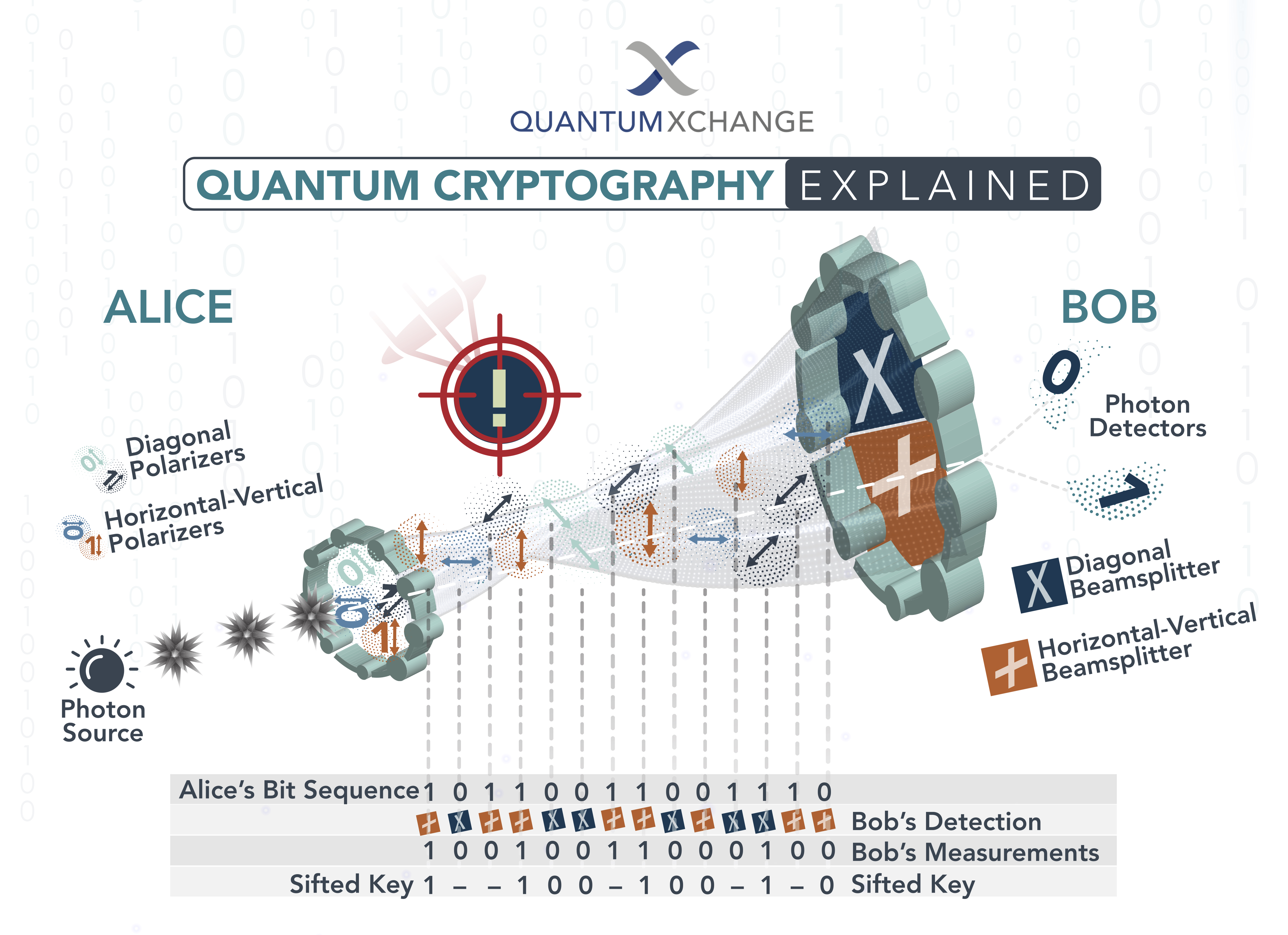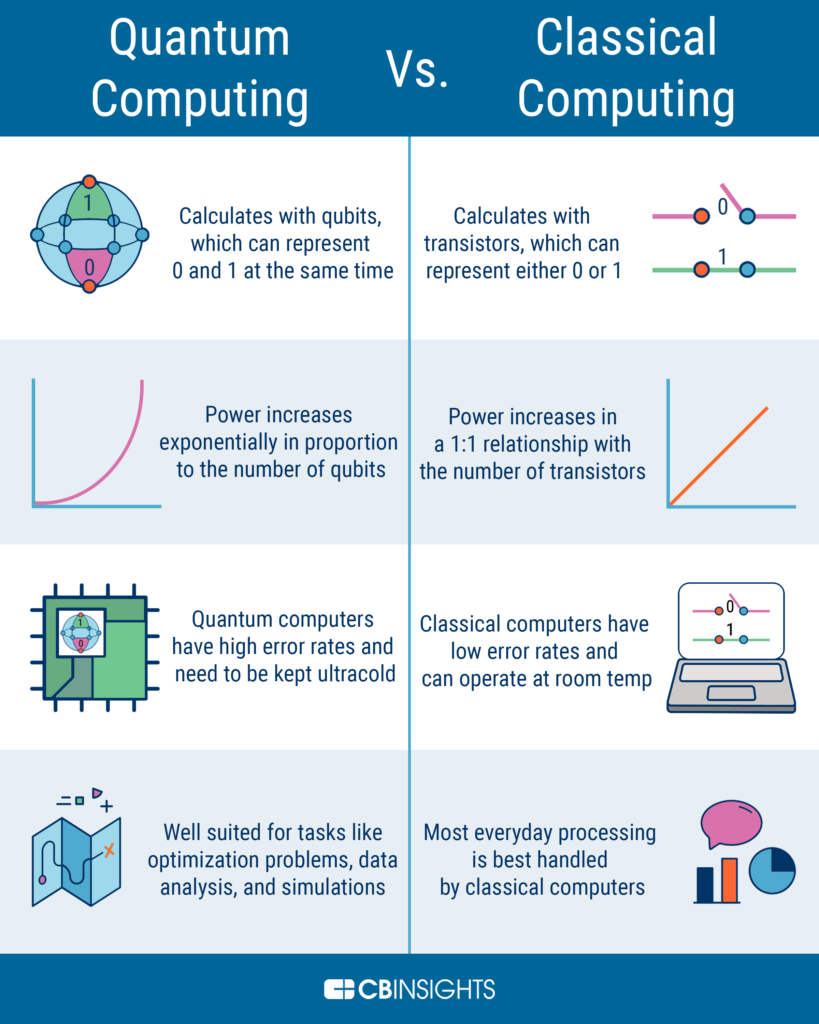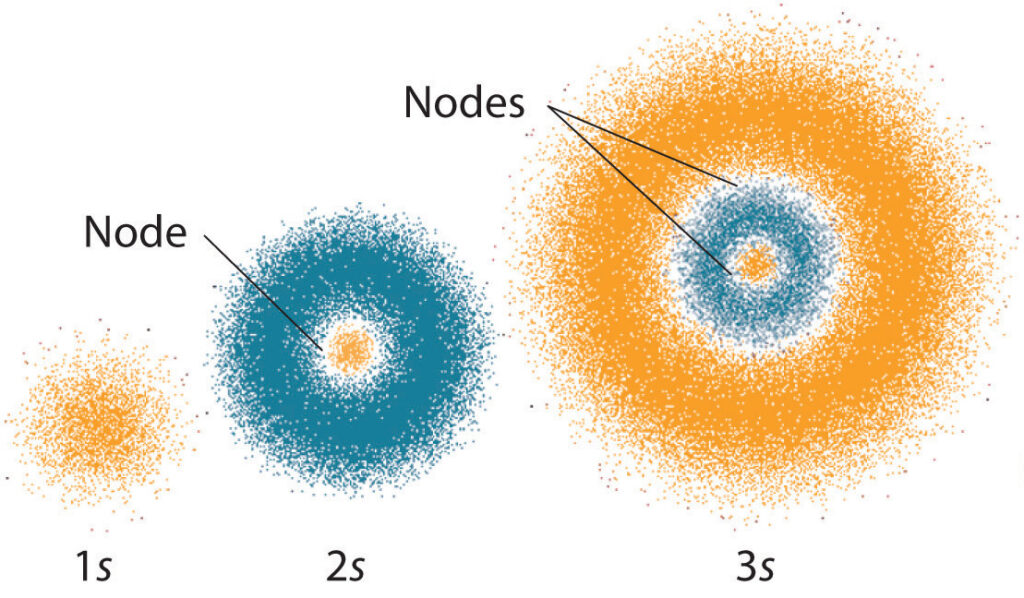Quantum key cryptography is a revolutionary method of encrypting data that utilizes the principles of quantum mechanics to ensure absolute security. In today’s world, where data breaches and cyber-attacks have become rampant, quantum key cryptography provides an innovative solution to safeguard sensitive information. Unlike traditional cryptography, which relies on mathematical algorithms to secure data, quantum key cryptography employs the properties of quantum mechanics to create unbreakable codes.
The basic premise of quantum key cryptography is that it is impossible to observe a quantum system without changing it. This means that any attempt to intercept or eavesdrop on a quantum communication will be immediately detected, making it impossible for hackers to access the encrypted data. As a result, quantum key cryptography is considered to be the future of data security, and its applications are being explored in various fields, including finance, healthcare, and government.
Quantum key cryptography is a method of secure communication that uses quantum mechanics to exchange encryption keys between two parties. It exploits the properties of quantum mechanics, such as the Heisenberg Uncertainty Principle and entanglement, to create an unbreakable encryption key. The encryption key can be used to securely transmit messages between two parties, protecting them from eavesdropping.

What is Quantum Key Cryptography?
Quantum key cryptography is a type of cryptography that uses quantum mechanics to secure information. It is a form of secure communication that relies on the laws of physics instead of mathematical algorithms, which makes it virtually unbreakable. Quantum key cryptography is used for a variety of applications, including secure data transmission and secure communication between two parties.
How Does Quantum Key Cryptography Work?
Quantum key cryptography works by using a quantum key, which is a sequence of randomly generated bits. This key is used to encrypt and decrypt data, ensuring that only the intended recipient can access the information. The quantum key is generated by a process called quantum key distribution (QKD), which relies on the principles of quantum mechanics.
The Process of Quantum Key Distribution (QKD)
In quantum key distribution, a sender and a receiver exchange quantum information in the form of photons. This allows the sender to generate a random key, which is then used to encrypt the data. The receiver also uses the same key to decrypt the data. This process ensures that the data is secure and that only the intended recipient can access it.
Advantages of Quantum Key Cryptography
Quantum key cryptography has several advantages over traditional cryptographic methods. It is more secure than traditional methods, as it relies on the laws of physics rather than algorithms. Additionally, quantum key cryptography is more efficient, as it requires fewer resources to generate the key. Finally, it is more reliable, as it is immune to attacks such as man-in-the-middle attacks.
Disadvantages of Quantum Key Cryptography
Quantum key cryptography also has some drawbacks. It is more expensive than traditional methods, as it requires specialized equipment and can be difficult to implement. Additionally, it is not compatible with existing systems, as it requires new hardware and software to be installed. Finally, it is vulnerable to attacks such as eavesdropping, as the information is transmitted over a public channel.
Limitations of Quantum Key Cryptography
Quantum key cryptography is limited by the laws of physics, which restrict the range and speed of the communication. Additionally, it is limited by the available technology, as it requires specialized hardware and software to be installed. Finally, it is limited by the availability of resources, as it requires large amounts of energy to generate the key.
Applications of Quantum Key Cryptography
Quantum key cryptography has several applications, including secure data transmission and secure communication between two parties. It can also be used for secure financial transactions, such as online banking and credit card payments. Additionally, it can be used for authentication and verification, such as in biometric systems.
Conclusion
Quantum key cryptography is a type of cryptography that uses quantum mechanics to secure information. It is more secure, efficient, and reliable than traditional methods, but is more expensive and requires specialized hardware and software. It has several applications, including secure data transmission and secure communication between two parties.
Frequently Asked Questions about Quantum Key Cryptography
Quantum key cryptography is an emerging technology that uses the principles of quantum mechanics to provide secure communication. It allows two parties to generate a shared secret key, which can be used to encrypt and decrypt messages.
What is Quantum Key Cryptography?
Quantum key cryptography is a method of secure communication that uses the principles of quantum mechanics to generate and exchange a secret key between two parties. This secret key is then used to encrypt and decrypt messages, ensuring that only the intended recipient can access the information. The key is generated using a quantum key distribution (QKD) protocol, which makes use of the inherent randomness of quantum events to generate the key. The key is then transmitted over a secure channel and the two parties can use it to communicate securely.
How Does Quantum Key Cryptography Work?
Quantum key cryptography works by using a QKD protocol to generate a shared secret key between two parties. The protocol makes use of the randomness of quantum events to generate a key that is known only to the two parties. The key is then transmitted over a secure channel and the two parties can use it to encrypt and decrypt messages. The key is unique for each message, so even if the message is intercepted, the information it contains cannot be accessed.
What Are the Benefits of Quantum Key Cryptography?
The main benefit of quantum key cryptography is that it provides secure communication that is virtually impossible to intercept. The key is generated using a QKD protocol, which makes use of the inherent randomness of quantum events to generate the key. This ensures that the key is unique and cannot be guessed or intercepted. Additionally, quantum key cryptography eliminates the need for a trusted third party, making it a more secure and cost-effective option than traditional encryption methods.
What Are the Limitations of Quantum Key Cryptography?
One of the main limitations of quantum key cryptography is that it requires specialized hardware. This can be expensive and difficult to access, making it a less viable option for some applications. Additionally, the range of quantum key cryptography is limited, meaning it can only be used for short-range communication. Finally, quantum key cryptography is still a relatively new technology, so there are still some security vulnerabilities that need to be addressed.
What Are the Applications of Quantum Key Cryptography?
Quantum key cryptography has a wide range of applications, from secure communication between individuals to protecting data in the cloud. It can also be used to protect critical infrastructure and government networks, as well as military and diplomatic communications. Additionally, quantum key cryptography can be used to secure Internet of Things (IoT) networks, ensuring that connected devices are secure and can only be accessed by authorized individuals.

What is Quantum Cryptography? An Introduction
In conclusion, quantum key cryptography is a revolutionary technology that promises to transform the way we secure our information in the digital age. By harnessing the power of quantum mechanics, this technology offers a level of security that is virtually unbreakable, making it an ideal solution for protecting highly sensitive data. While the current limitations of quantum key cryptography may prevent it from being widely adopted for everyday use, ongoing research and development in this field are sure to yield new breakthroughs in the years to come.
As we continue to rely more and more on digital communication and data storage, the need for secure encryption methods will only grow. Quantum key cryptography represents a promising solution to this challenge, offering a level of security that is unmatched by traditional encryption methods. As we look to the future, it is likely that quantum key cryptography will play an increasingly important role in safeguarding our digital lives, and it is an exciting time for anyone interested in the intersection of technology and security.



